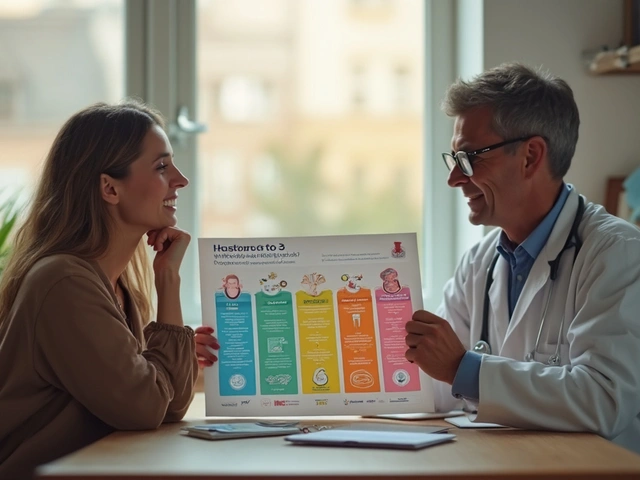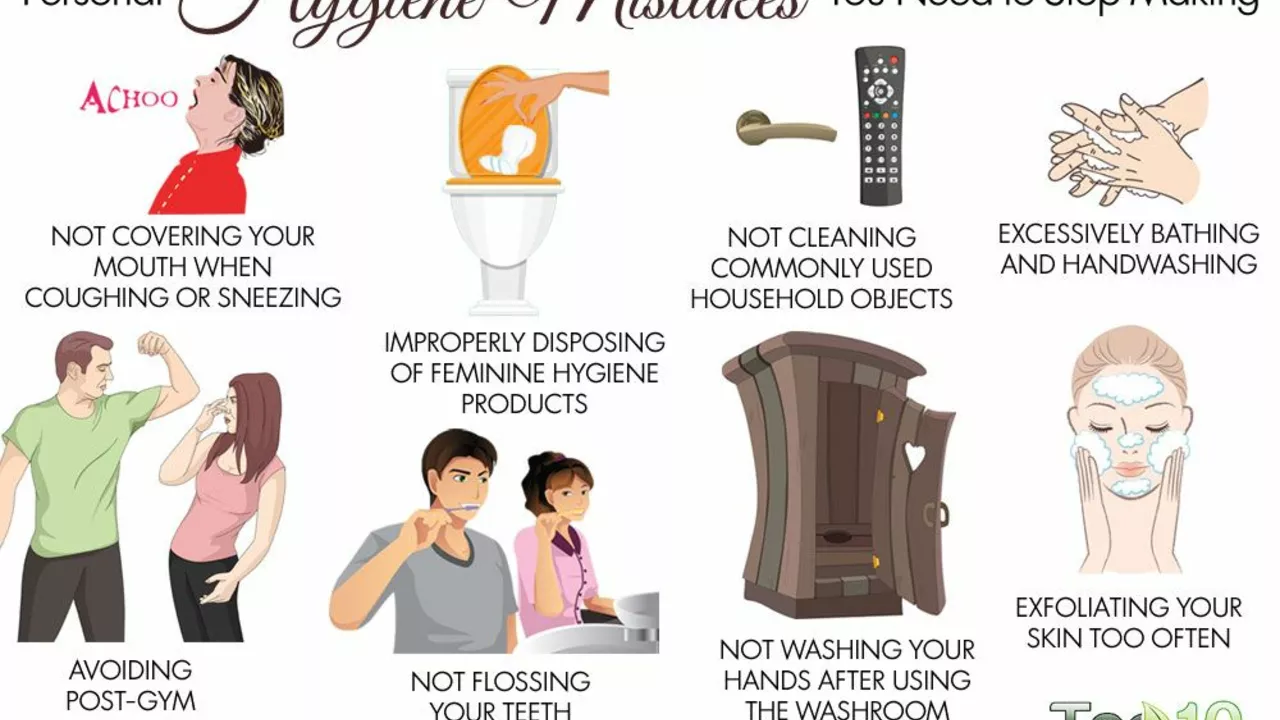Proper maintenance for your meds: simple habits that matter
Want your meds to work when you need them and avoid surprises like reduced potency, strange reactions, or accidental exposures? Proper maintenance is more than neat shelves — it’s a handful of daily habits that protect your health and your family. Below are clear, practical steps you can start using today.
Quick rules for storing medicines
Keep medicines in their original containers. The label tells you the drug name, strength, lot number, and expiration date — all useful info if you need to check interactions or report a product problem. Store pills in a cool, dry place away from direct light. Bathrooms and kitchen counters sound convenient but often fail the “cool and dry” test because of heat and humidity. A bedroom cupboard or a designated drawer usually works better.
Watch temperature instructions. Some meds, like certain insulin or liquid antibiotics, need refrigeration. Others specifically say “room temperature.” If a label says to refrigerate, do it. If it warns against freezing, don’t put it in the freezer. When in doubt, check the leaflet or call the pharmacy.
Keep child-proof caps on and place meds out of reach. Child access is a top cause of emergency calls. Also keep pets away — many human meds are toxic to animals. If you use pill organizers, refill them on the same day each week, and clean them occasionally to prevent moisture build-up.
Check, track, and dispose the right way
Check expiration dates regularly. An expired medicine may be less effective or unpredictable. Toss meds once they pass their date — except for certain items where a pharmacist advises otherwise. Keep a short medication list on your phone or fridge listing drug names, doses, and why you take them. That list helps during doctor visits and in emergencies.
Dispose safely. Never flush meds unless the label or local guidelines say you can. Many areas offer drug take-back events or drop boxes at pharmacies. If those aren’t available, mix pills (crush if allowed) with an undesirable substance like used coffee grounds, seal in a bag, and throw in the trash. Remove personal info from empty prescription bottles before recycling.
Order safely online. If you buy meds online, choose licensed pharmacies and double-check reviews. Articles on our site cover safe online buying and pharmacy alternatives — useful if you’re comparing options for antibiotics or chronic meds.
Finally, keep records of any suspicious product issues: odd color, smell, or packaging damage. Report problems to your pharmacist or local health authority. A little attention today prevents missed doses, wasted money, and real harm tomorrow.
Want quick checks you can use now? Scan labels for storage notes, write the expiration date on a visible spot, and set a monthly reminder to review your medicine shelf. Those three small steps will keep your meds safe and effective.
Tips for maintaining proper vaginal hygiene to prevent infections
As someone who's always looking out for ways to maintain my overall health, I recently came across some great tips for proper vaginal hygiene to help prevent infections. First, I learned that it's essential to wash the external genital area with mild soap and water daily, but be cautious not to over-cleanse. Secondly, it's crucial to avoid harsh chemicals, fragrances, or dyes in feminine products, as they can cause irritation. Wearing breathable cotton underwear and changing them regularly is another key factor in keeping the area clean and dry. Finally, being mindful of wiping from front to back after using the toilet can greatly reduce the risk of introducing harmful bacteria.
About
Women's Health
Latest Posts


Behavioral Weight Loss Therapy: Cognitive Strategies That Work
By Marcel Kornblum Dec 10, 2025

The Science Behind Alpinia: How This Dietary Supplement is Changing the Health Industry
By Marcel Kornblum Jul 31, 2023

Eye Allergies: How to Stop Itching and Redness with Antihistamine Drops
By Marcel Kornblum Nov 17, 2025

